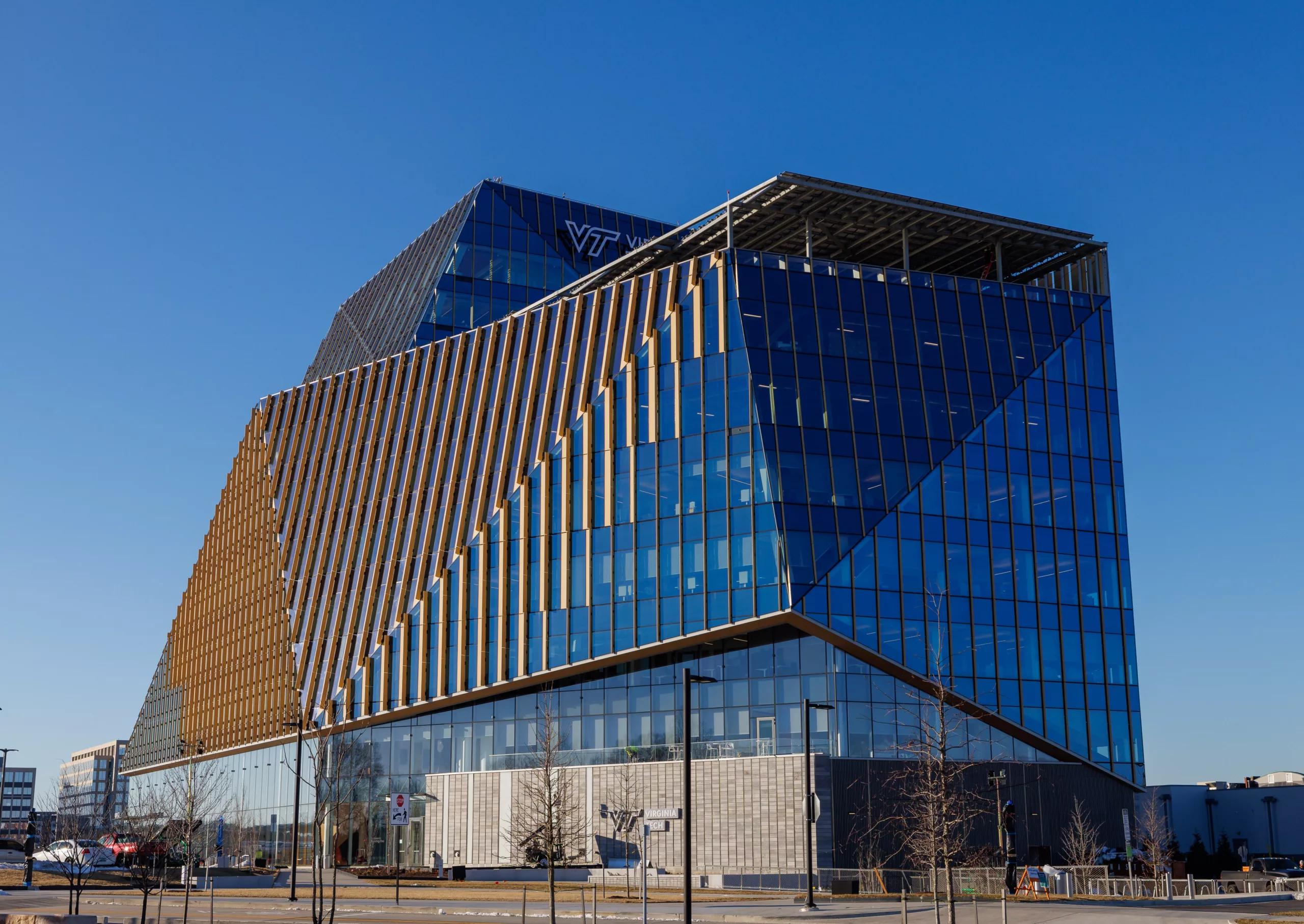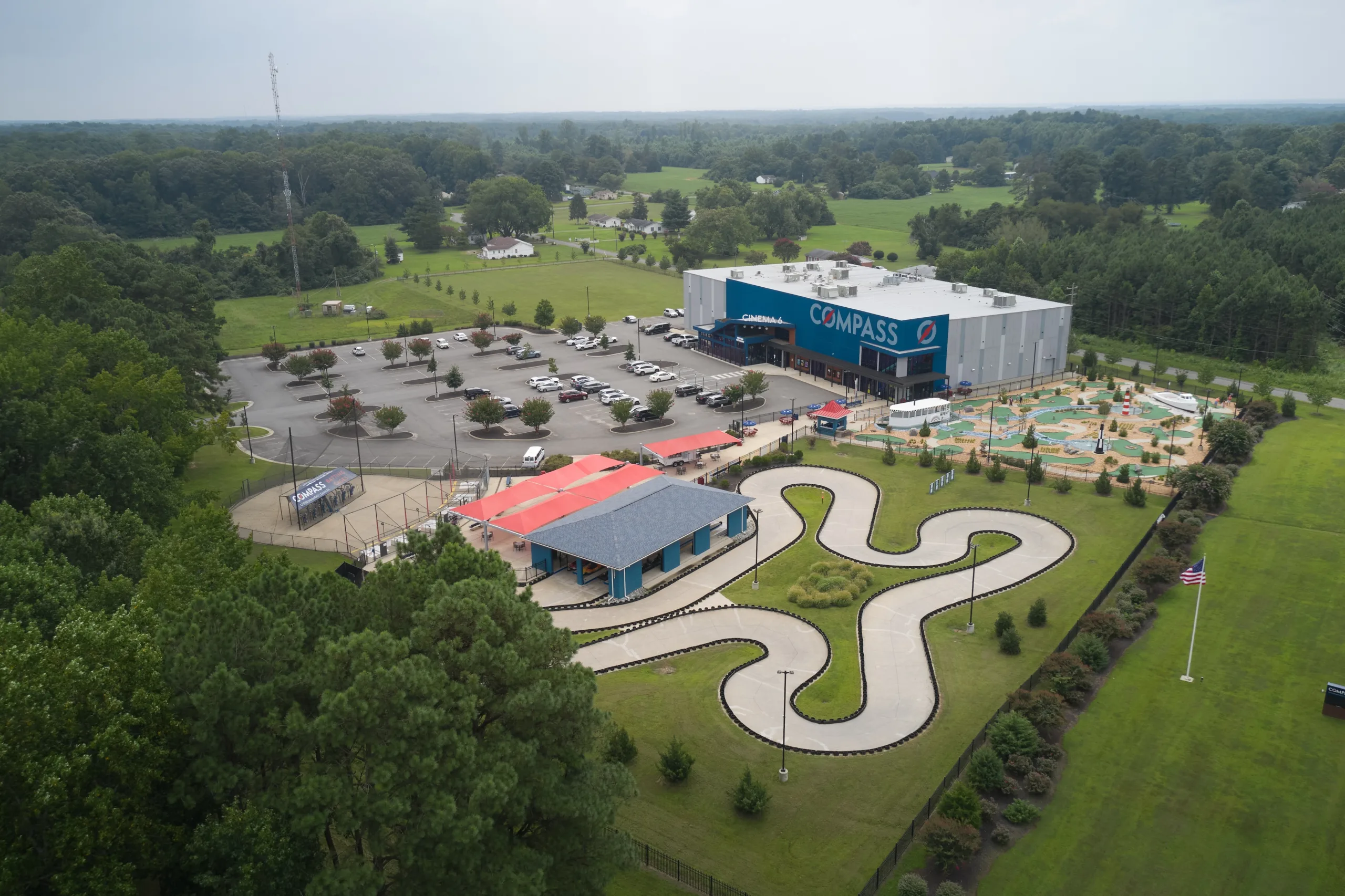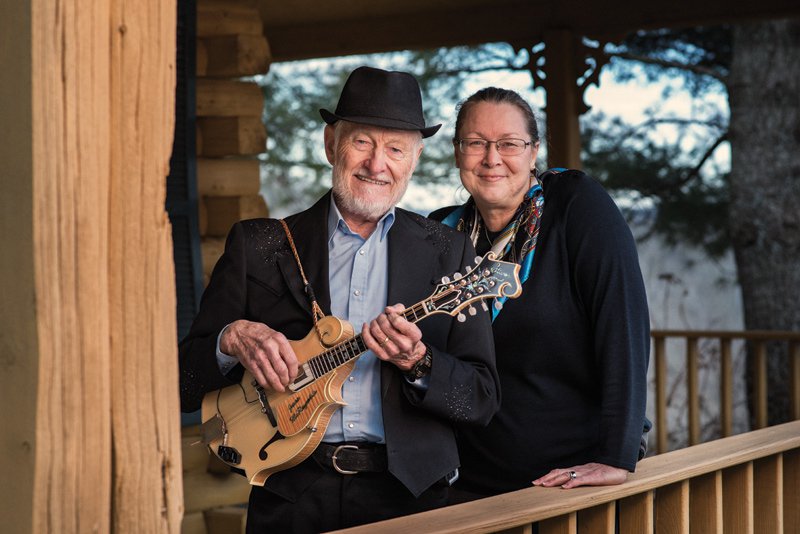Everyone knows tech geniuses are around every corner in Silicon Valley or Seattle. But don’t underestimate Virginia. The Commonwealth is becoming an increasingly major player in the tech industry, appearing on top techy lists worldwide.
Hyperscale Hub
From projected fusion plants to 3D-printed houses, it’s never a slow news day in the Old Dominion’s tech world. We’re currently home to the world’s largest data center market, hosting 35 percent of approximately 150 hyperscale data centers, according to the Virginia Economic Development Partnership (VEDP). Northern Virginia, for instance—known as Data Center Alley—hosts 70 percent of the world’s internet traffic.
With the surge of artificial intelligence, hyperscale data centers have popped up more frequently than ever. The use of “hyperscale” is important here; don’t confuse your office’s IT room with these massive infrastructures, which typically exceed 5,000 servers and 10,000 square feet, according to Vertiv, a multinational provider of critical infrastructure and services for data centers, communication networks, and commercial and industrial environments.
Data centers are physical facilities that store critical applications and data—they’re like the beating heart of our digital world. If you’re thinking that “data” sounds like a pretty vague term, you are correct. “Data” can mean different things to different entities and can include your vacation photos and corporate databases. Microsoft, for example, operates a data center in Mecklenburg County for cloud computing services—aka storing information from activities that we engage in all day long, like email, file storage, app usage, and more. The centers are designed with military-grade security, backup power systems, and industrial cooling to keep the digital universe humming.
So while we talk about digital life existing in an ethereal “cloud,” data centers are actually housed in concrete bunkers filled with thrumming machines scattered across the planet. And Virginia is now a leading hub.
Edifying Investments
CNBC named Virginia the top state in 2024 for business. The methodology used includes different categories like infrastructure, accessibility, education, and more.
The Commonwealth ranked third-best in infrastructure, a factor that’s paramount for a thriving and expanding economy. CNBC attributes NoVa’s data centers and internet connectivity as one of the reasons for the state’s top accessibility. But ultimately, our state’s education system is the biggest competitive advantage that explains this ranking, thanks to a plethora of supportive higher education opportunities and solid test scores.
The Tech Talent Investment Program, established in 2019 through a partnership with Virginia Tech and the VEDP, committed $1.1 billion to expand the state’s tech talent pipeline. The goal is to double the number of BS and MS graduates in computer science or similar fields each year, ultimately adding 32,000 to the workforce over 20 years. The program partners with 13 universities and the community college network across the state to keep expanding investment in tech talent. Its promise to build an influx of talented, tech-based workers in Virginia was a home run, earning NoVa hosting rights to Amazon’s impressive HQ2 in Arlington.
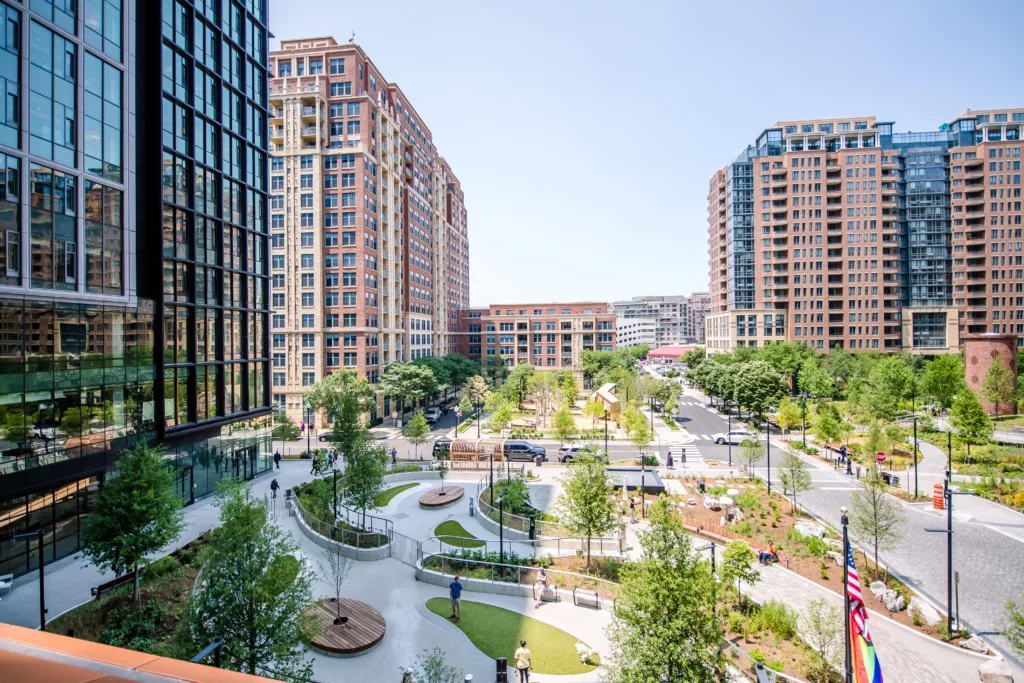
Innovation Nation
The future of tech education in the state only looks brighter and brighter as Virginia Tech launched its new Innovation Campus in Alexandria this spring. The $1 billion, 600,000-square-foot facility is designed to support the region’s growing industry. Each year, it will produce 750 masters graduates and host more than 100 doctoral students and post-doctoral fellows, supplying the state with the brain power it needs in a time of advancement. Its state-of-the-art Cyber-Physical Lab and two-story Drone Testing Cage are indications of the innovation to come.
“Businesses want to operate in states where they feel welcome and can create a long-term growth plan, and Virginia offers that stability,” says Secretary of Commerce and Trade Caren Merrick. “This is a state where people want to live and work, and we look forward to building on this foundation.”
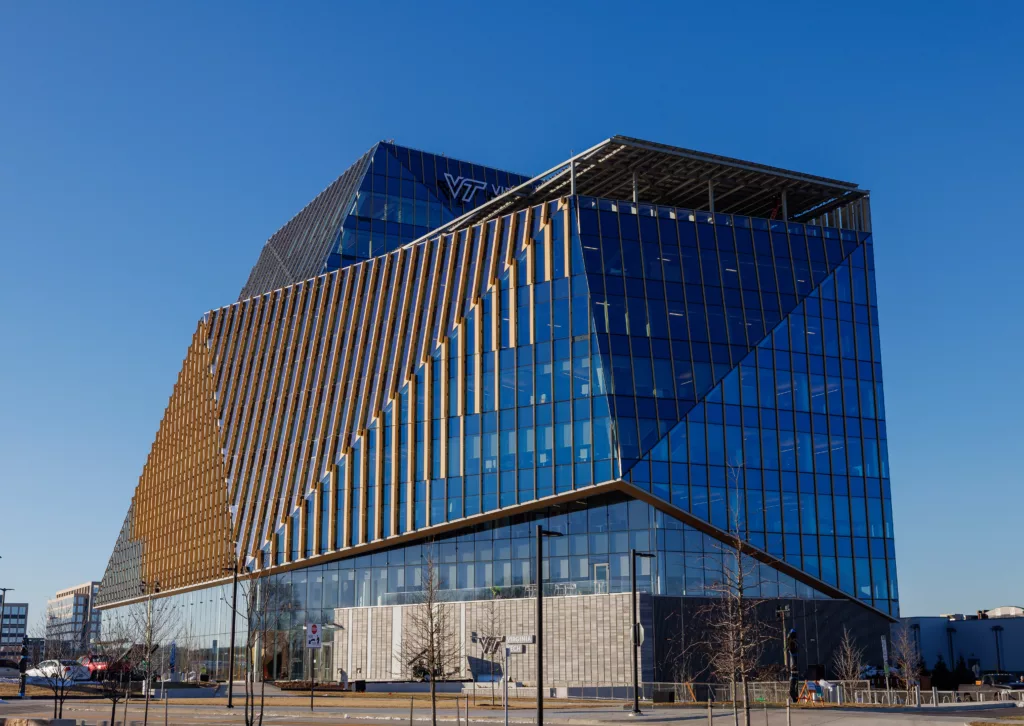
This article originally appeared in the June 2025 issue.

